RDs: Worst Nutrition Advice on Facebook
1/4/2019 11:22 AM
A new article in Men’s Health focuses on bad nutritional advice commonly found on Facebook and asks registered dietitians to weigh in on some of the worst. Making this list: Advising consumers to avoid conventionally grown fruits and veggies.
“Choosing organic versus conventional is a personal choice, says Toby Amidor, R.D., author of The Healthy Meal Prep Cookbook. “Not only is there no nutritional difference between the two, a recent study found that low-income individuals who couldn’t afford to eat organic vegetables opted to skip vegetables altogether because they thought eating conventional vegetables was harmful,” she says. “The benefits of eating any vegetables—whether organic, conventional, local, or ugly—outweigh the negative effects of eating no vegetables at all.”
Are you listening “dirty dozen” list authors? And, here is additional information from the article on advice to be wary of: “Facebook is rife with nutrition misinformation,” says Leslie Bonci, M.P.H., R.D.N., owner of Active Eating Advice: “Anything fear-based, food shaming, or more about what not to eat rather than what to eat —these are all red flags.” Wow, the “dirty dozen” list checks all three red flag boxes making it a trifecta of bad advice!
Over the last two decades, the “dirty dozen” list has been released annually with inaccurate claims that many popular, healthy and safe fruits and veggies are “dirty,” and “toxic-laden,” in an effort to encourage consumers to only choose organic. Not only is the fear-based messaging associated with the “dirty dozen” list scientifically invalid, peer reviewed research is showing that it may be having a negative impact on produce purchases among low income consumers, as Amidor points out. After 20 years of bad science and harmful advice, it seems like this “list” should be retired if its authors are sincerely interested in consumer health.
So what advice should consumers follow when it comes to nutrition? Since only one in 10 of us eat enough, health experts everywhere agree that we should all increase our daily consumption of fruits and veggies for better health and a longer life. This advice is supported by decades of peer-reviewed nutritional studies.
And, who should consumers listen to when it comes to healthy eating? From the Men’s Health article: “Facebook can be a good source of information if you are careful of the source. That means looking at who wrote the article and or who was quoted,” says Angela Lemond, R.D.N. She says registered dietitians are always a good source because of their training. Doctors are credible if they have additional nutrition training, as are most people with Ph.D.s in nutrition-related science. Universities, professional organizations for dietitians, and governmental agencies also tend to be reliable.



